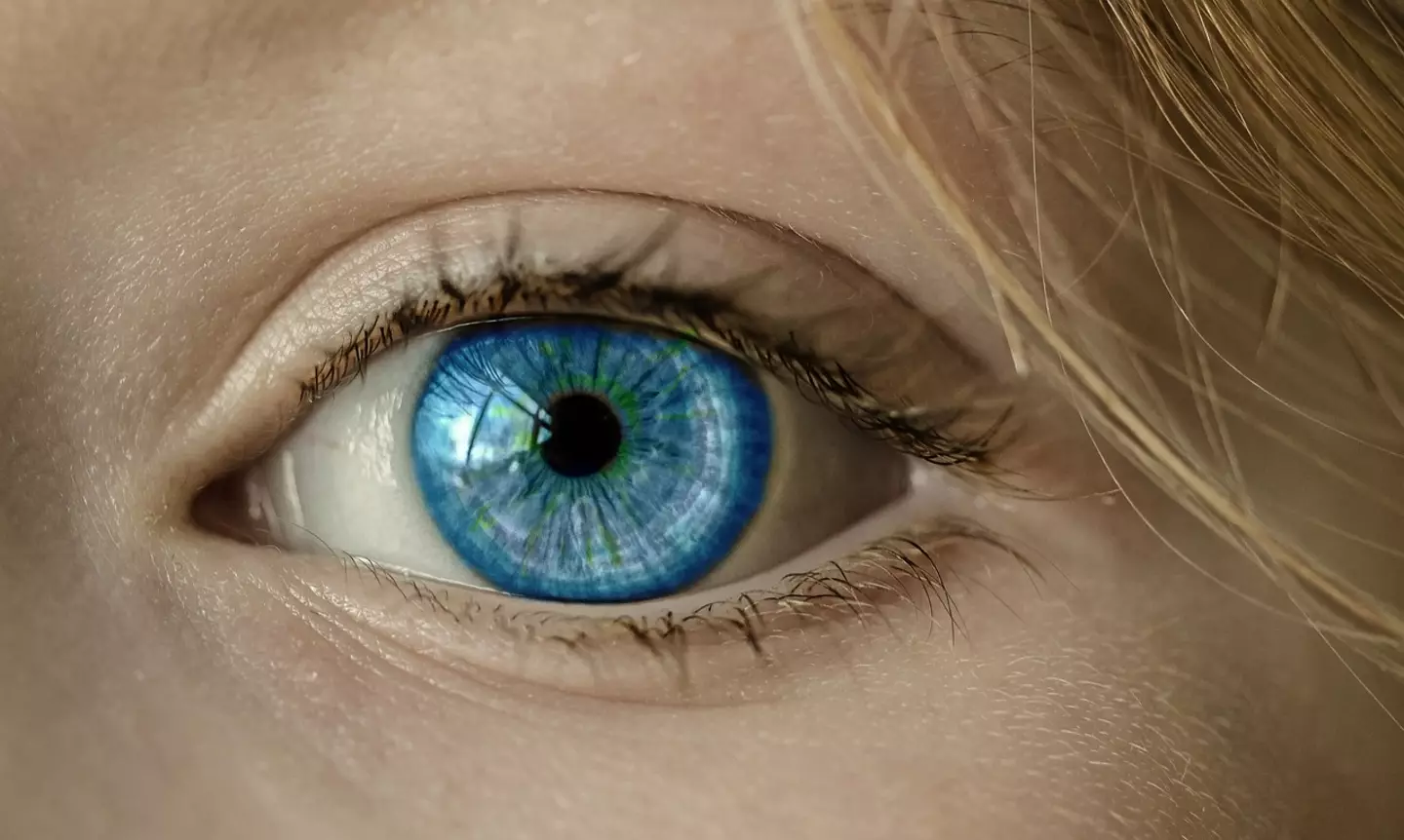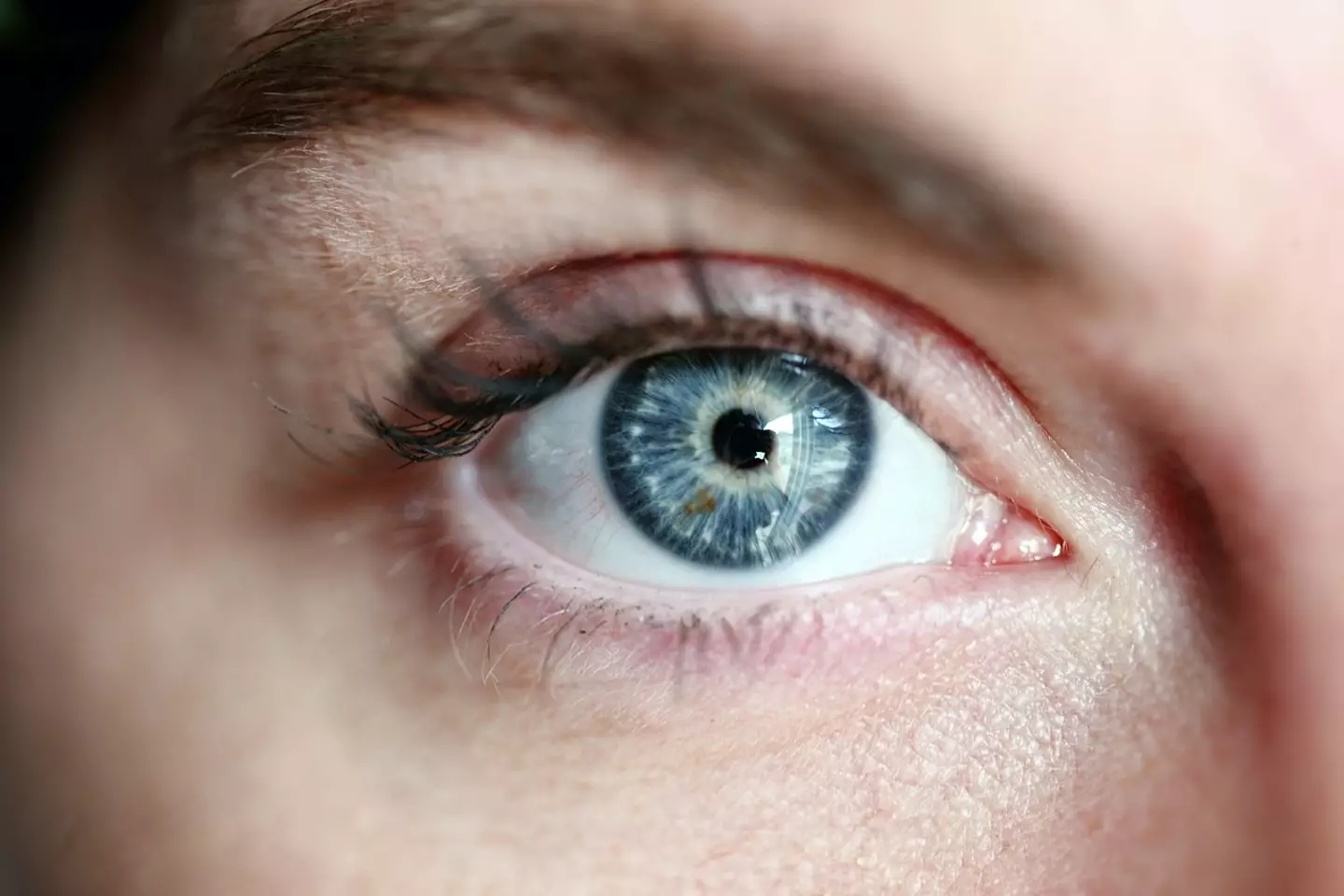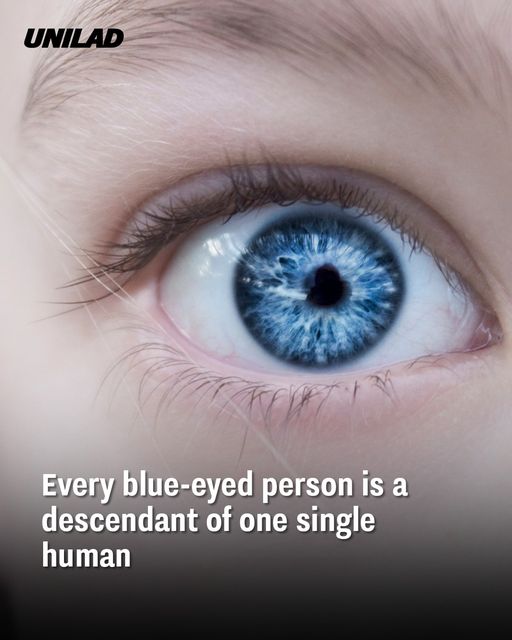That’s because every single one of the 7.8 billion people on this planet who has blue eyes is a descendant of this same person.
The good news is, it’s not anyone as close as your mom or grandma that you have to blame for this relation.
If you do have that relation in common, that’s another issue altogether.
The common ancestor actually lived between 6,000 and 10,000 years ago – meaning we’ve gone through a fair few generations since then.
Researchers have explained that there’s something called the OCA2 gene in our eyes which determines the level of brown pigment in them.

Pixabay
However, people who have blue eyes have a gene called HERC2, which limits the OCA2, resulting in the development of blue eyes.
While the gene doesn’t ‘switch off’ the OCA2 entirely, it reduces the production of melanin in the iris and effectively ‘dilutes’ brown eyes to blue.
So, since every blue-eyed person in the world has the HERC2 gene, with this exact same mutation being passed down through generations, scientists have concluded that it all came from one original person.
The work was done by a team of researchers from the University of Copenhagen, who identified the initial mutation and realised that it was present in everyone with blue eyes.

Pixabay
The team studied mitochondrial DNA and compared the eye colour of blue-eyed individuals in a range of countries, including Jordan, Denmark and Turkey.
Professor Hans Eiberg, from the Department of Cellular and Molecular Medicine, explained: “Originally, we all had brown eyes. But a genetic mutation affecting the OCA2 gene in our chromosomes resulted in the creation of a ‘switch’, which literally ‘turned off’ the ability to produce brown eyes.”
“They have all inherited the same switch at exactly the same spot in their DNA,” he added.
Sharing his thoughts on whether the change is a positive or negative mutation, Eiberg assured that it actually isn’t either.
